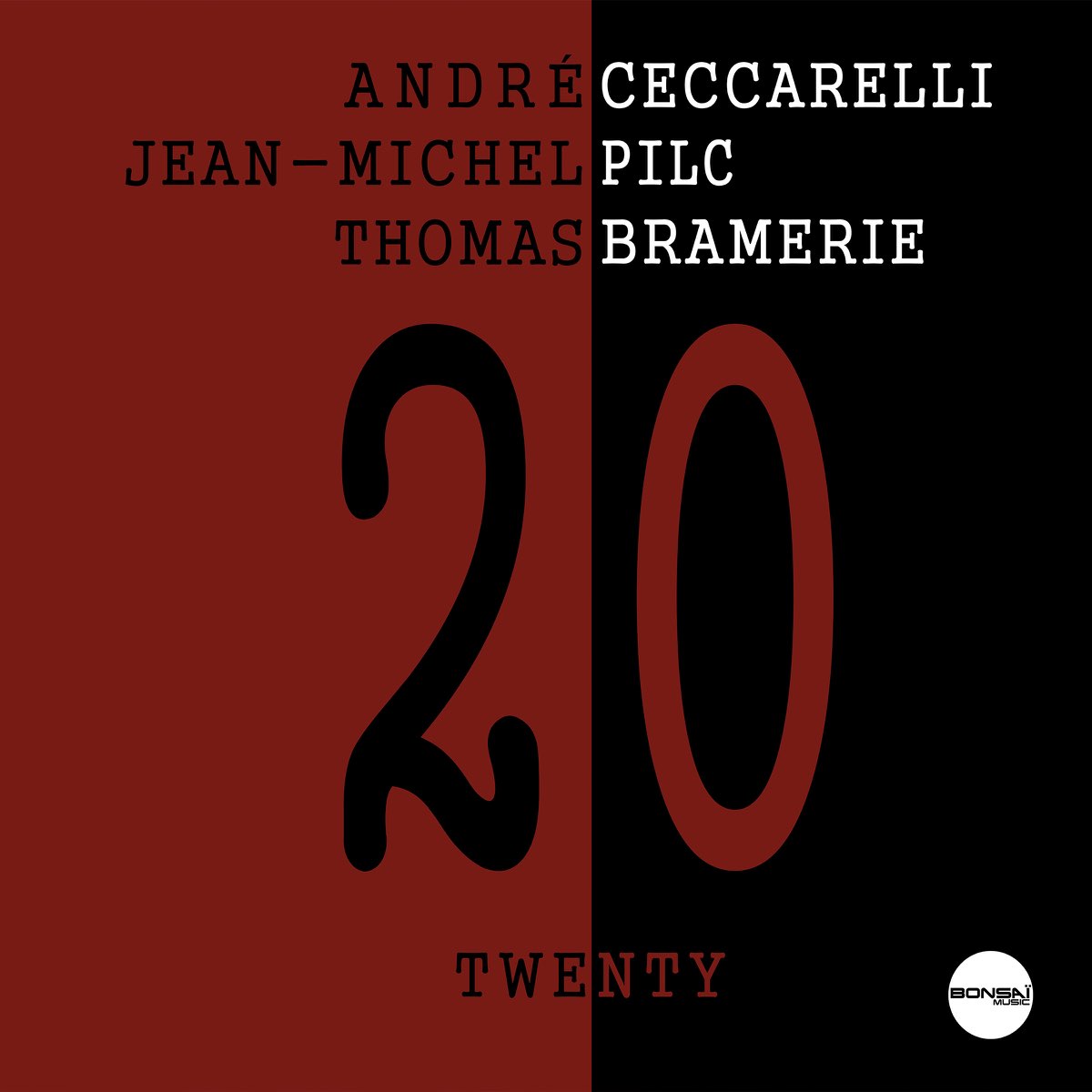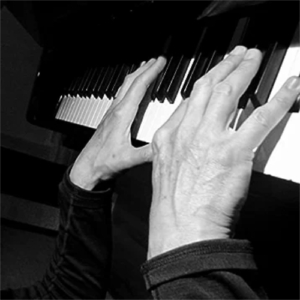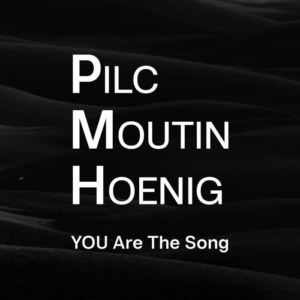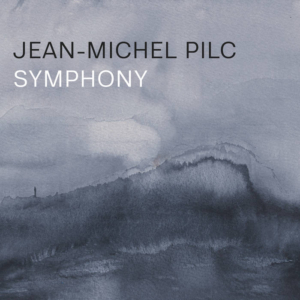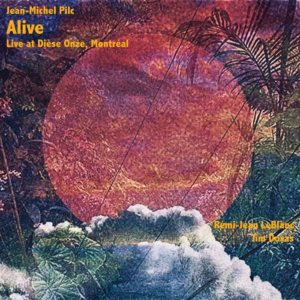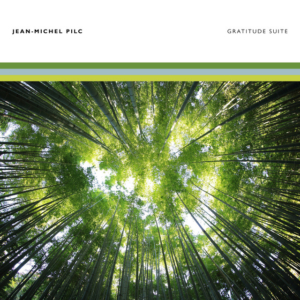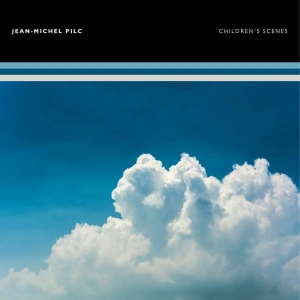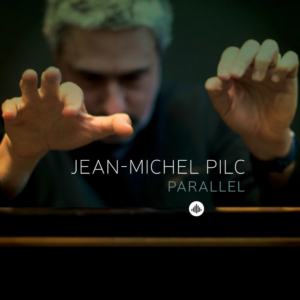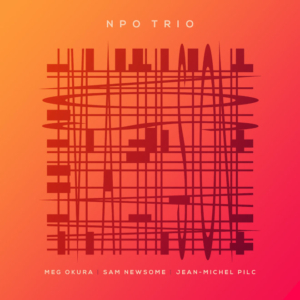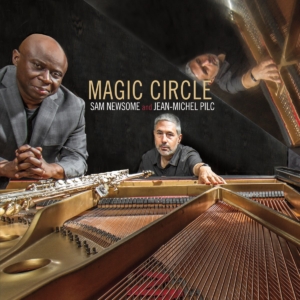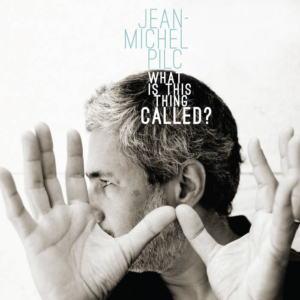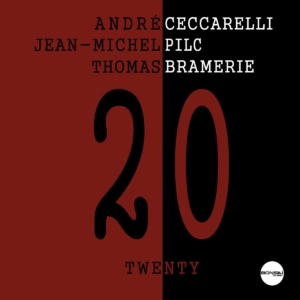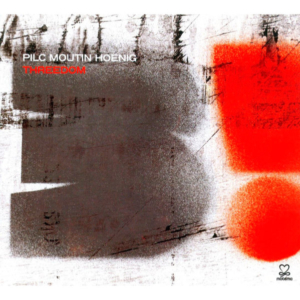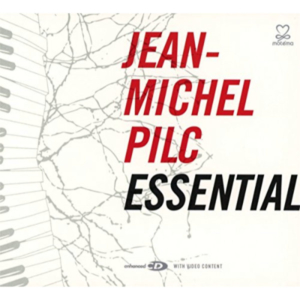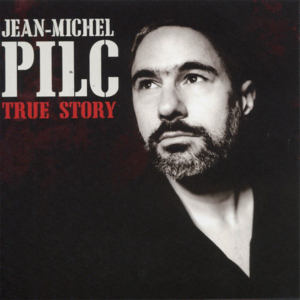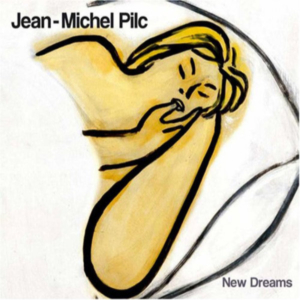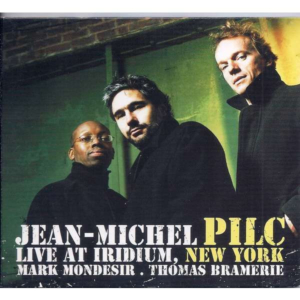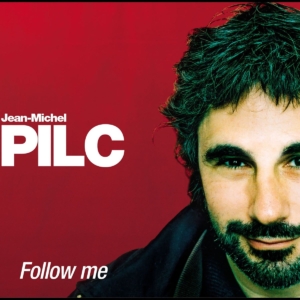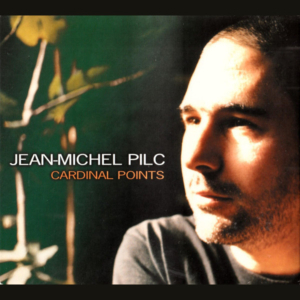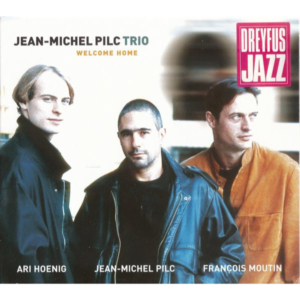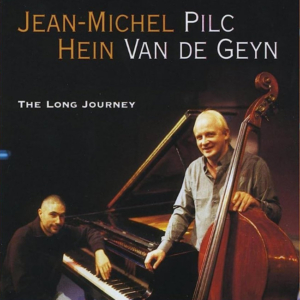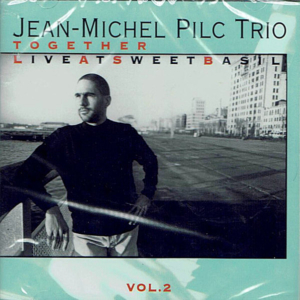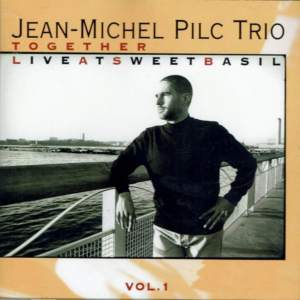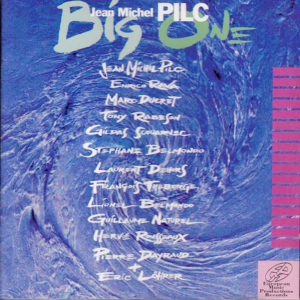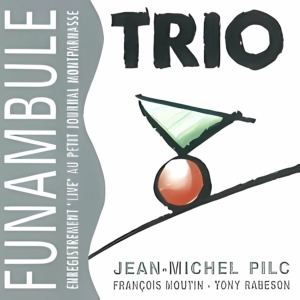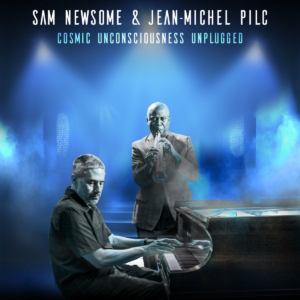 https://jeanmichelpilc.com/wp-content/uploads/2023/12/cosmic_unconcious_unplugged.jpg
1200
1200
LluchIE56
https://jeanmichelpilc.com/wp-content/uploads/2023/06/jean-michel-pilc_logo.png
LluchIE562023-12-03 13:38:552023-12-03 17:19:16Cosmic Unconsciousness Unplugged
https://jeanmichelpilc.com/wp-content/uploads/2023/12/cosmic_unconcious_unplugged.jpg
1200
1200
LluchIE56
https://jeanmichelpilc.com/wp-content/uploads/2023/06/jean-michel-pilc_logo.png
LluchIE562023-12-03 13:38:552023-12-03 17:19:16Cosmic Unconsciousness Unplugged20 years of friendship and collaboration should be celebrated. It was an opportunity for Andr Ceccarelli, Jean-Michel Pilc and Thomas Bramerie to record this album, simply called Twenty . Twenty, recorded at Studio 26 in Antibes in August 2013, brings many original compositions and some various interpretations of great musical works, from Brassens to Thelonious Monk, through Jacques Brel and Miles Davis. Twelve tracks of a rare intensity reflecting the complicity and friendship gathered by these three outstanding jazz musicians over two decades.
Released February 25, 2014
Label: Sunnyside Records
- Double Bass – Thomas Bramerie
- Drums – André Ceccarelli
- Grand Piano – Jean-Michel Pilc
- Recorded By – Frédéric Bétin
Credits
Recorded at Studio 26 Antibes – France on Aug 17, 18 & 19 2013
Mixed at Studio 26 in November 2013
Review
In the vast archives of solo jazz piano recordings, this one has few precedents. Its 68 minutes contain 31 tracks, many under a minute, most under two. With one exception, all are completely improvised.
The album is a challenging listening experience. By the time you lock onto a tune, it is gone. Jean-Michel Pilc’s creative process is musical stream-of-consciousness but not random. There is a unifying thread. The exception mentioned above is Cole Porter’s “What Is This Thing Called Love?” It has been a favorite of jazz pianists from James P. Johnson to Gerald Clayton. Pilc gives it a moody, fragmented 80-second specific acknowledgement. The other improvised tracks are loosely (sometimes very loosely) based on this song.
Suspense is created by the fact that Pilc’s pianistic resources are substantial. You eagerly await his next move. “Cole,” at four minutes, is a large, complex overlay on Porter’s tune, connected to it in a few places. “Glide,” at 51 seconds, is a few bright ideas splashed into the crevices of the song. “Waves” is true to its title, intriguing as a piano effusion. Just once, Porter’s melody is discernible in the cycling, surging surf. Sometimes, on pieces like “Bells” and “Time” (a lovely 51-second upward spiral), the Porter association must be taken on faith.
Among the vignettes, there are also fully developed pieces like the thunderous five-minute “Prelude,” brutal and dense as Rachmaninoff. The album ends with an ethereal extended summation called “Now You Know What Love Is.” Its intermittent hints of Porter notwithstanding, it is something new and poetic and conclusive on the album’s true subject, the mystery of love.
This album is more than clever. It is a sustained act of the imagination that derives a remarkable diversity of form and emotion from a single musical source. ~ by Thomas Conrad April 25, 2019. JazzTimes

